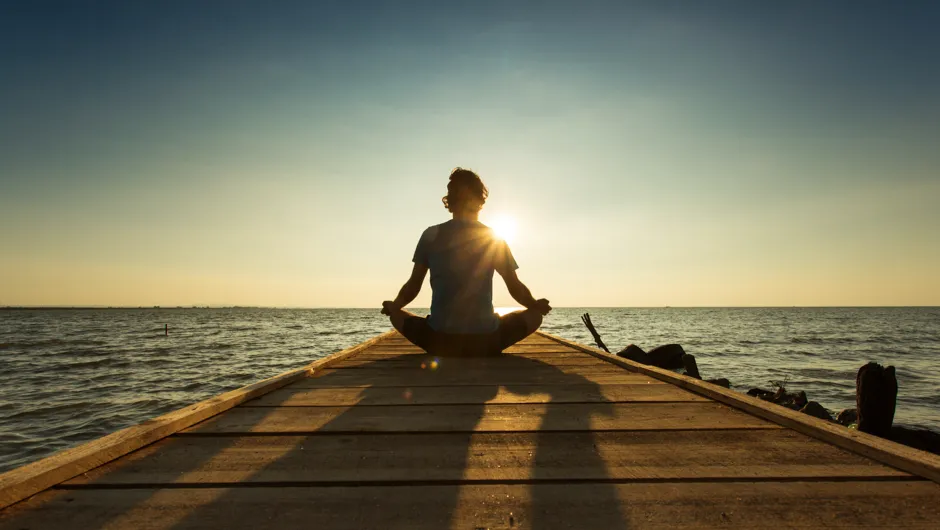Meditation has escaped both the religious cells of monks and nuns and the labs of scientists. An increasing number of people are using meditation apps to deal with mental health problems, such as depression and anxiety. Although there is no clear estimate of how many people are practising meditation, last year one single app had close to 40 million downloads.
But now my new study, which reviews over 40 years of the science of meditation and mindfulness-based therapies, suggests that these practices can also lead to negative effects in about 8 per cent of individuals — from increases in anxiety, depression and stress, to unusual experiences like hallucinations.
This sounds counterintuitive, given the thousands of scientific studies exploring the positive effects of meditation. But this study also indicates that scientists have been aware of these problems for a long time.
In 1977, the American Psychiatric Association published a statement recommending that research on meditation should evaluate both its usefulness and its dangers. And ancient meditation manuals, like the Buddhist Dharmatrāta Meditation Scripture, likewise indicate that if meditation is not carried out properly, the mind can become unstable, restless or confused.
What does this mean to the millions of people using meditation to alleviate everyday stress and anxiety? Not to mention the increase in schools using meditation-based programmes with children – is it possible that some of them may experience more harm than good? The new evidence from this and other recent studies shows that this is a real possibility.
Read more about meditation
- What happens in my body when I meditate?
- 5 science-backed tips to supercharge your willpower
- Michael Mosley investigates... mindfulness
Altered States of Mind
Why does this happen? There is no straightforward answer. Meditation techniques were developed to stimulate altered states of consciousness: to experience oneself in a different way, or even to challenge the ‘ordinary’ self. These experiences were not expected to always be pleasant or blissful.
For example, there are meditation practices common to various religious traditions that recommend visualising one’s death, or even finding a rotting corpse and focusing on its decomposition. This was expected to arouse fear and disgust, eventually leaving behind concerns about the world and oneself.
But people turning to meditation today are using it to enhance or heal the self: becoming more resilient, or less anxious and depressed. Are there conditions under which meditation is more likely to stimulate a negative experience?

This new study reviews evidence suggesting that intensive meditation practice, such as that carried out in meditation retreats, sometimes increases the likelihood of negative events. On the other hand, it’s not clear whether having a previous mental health problems will make you more at risk, which means that it could happen to anyone.
Some of this may sound confusing or alarming to many seeking wellbeing through meditation. But it needn’t be so. Our understanding of the mind is still limited; the study of how we react to mind-altering practices like meditation is still in its infancy, and it’s an important step in acknowledging the whole range of meditation effects, both positive and negative.
We hope our study will motivate scientists to seek a more balanced understanding of when, for whom, and under what circumstances meditation can be beneficial, or harmful, and it will pressure commercial meditation/mindfulness apps and course providers to raise their ethical standards – at the very least, they should be obliged to inform the public that meditation is not a panacea, it doesn’t work for everyone, and it may produce negative effects.
Visit the BBC's Reality Check website at bit.ly/reality_check_ or follow them on Twitter@BBCRealityCheck
